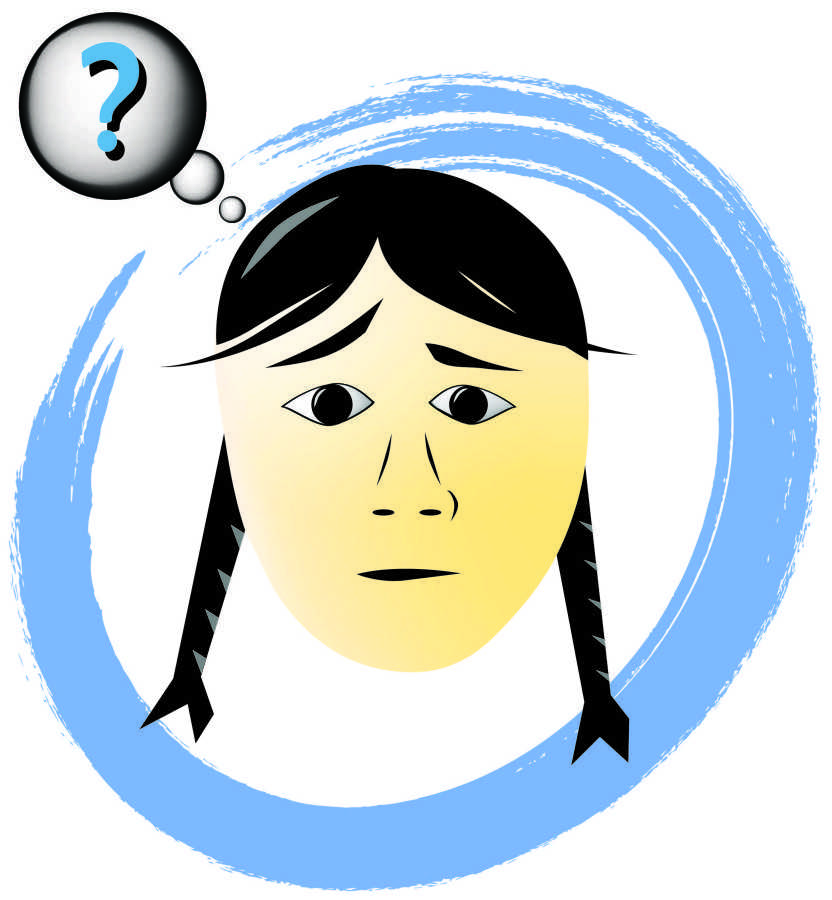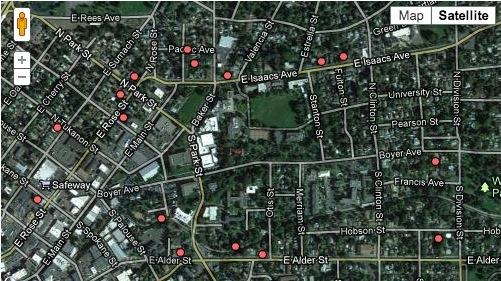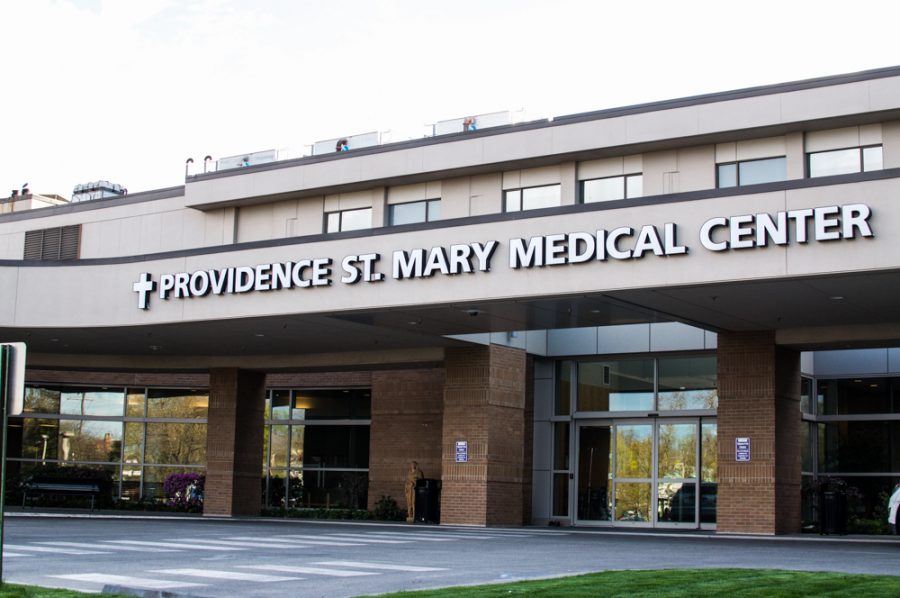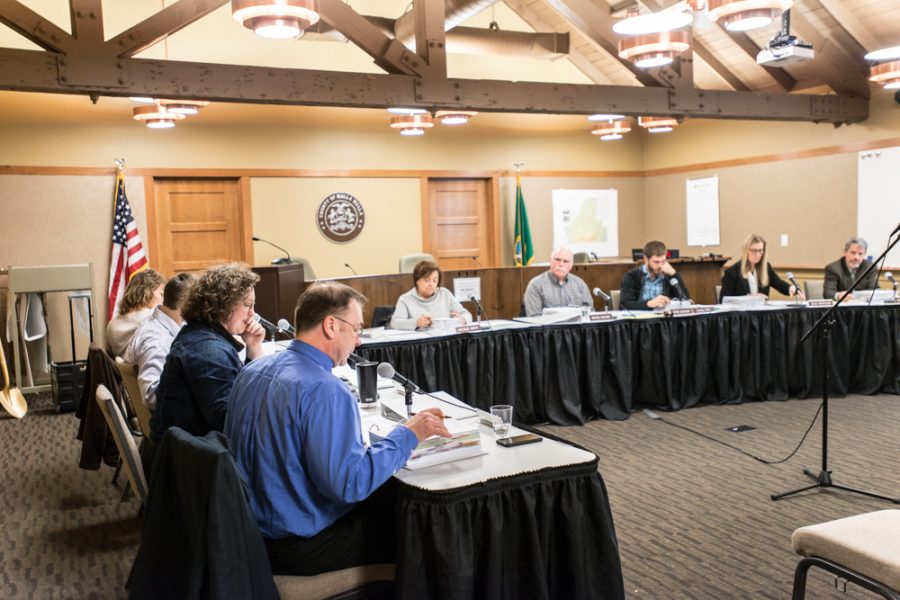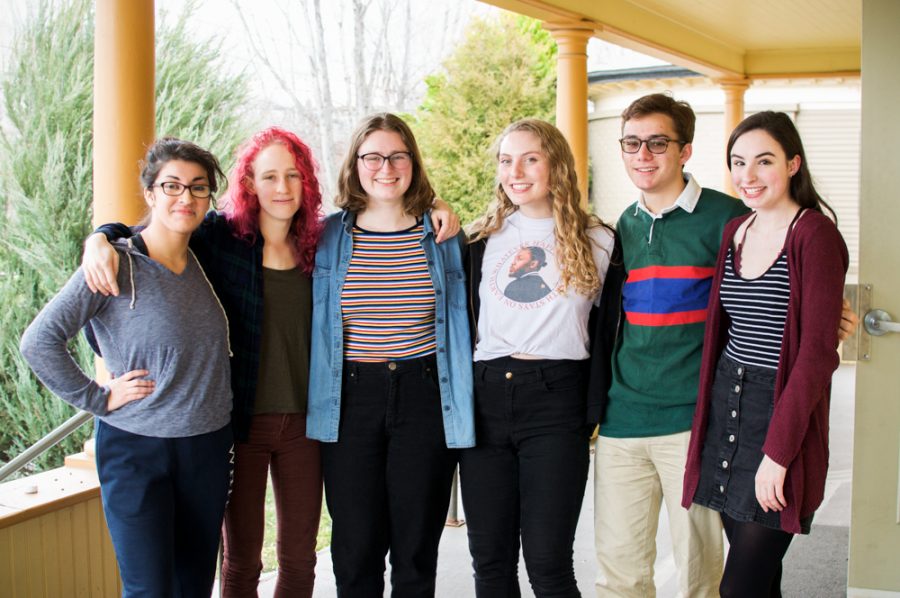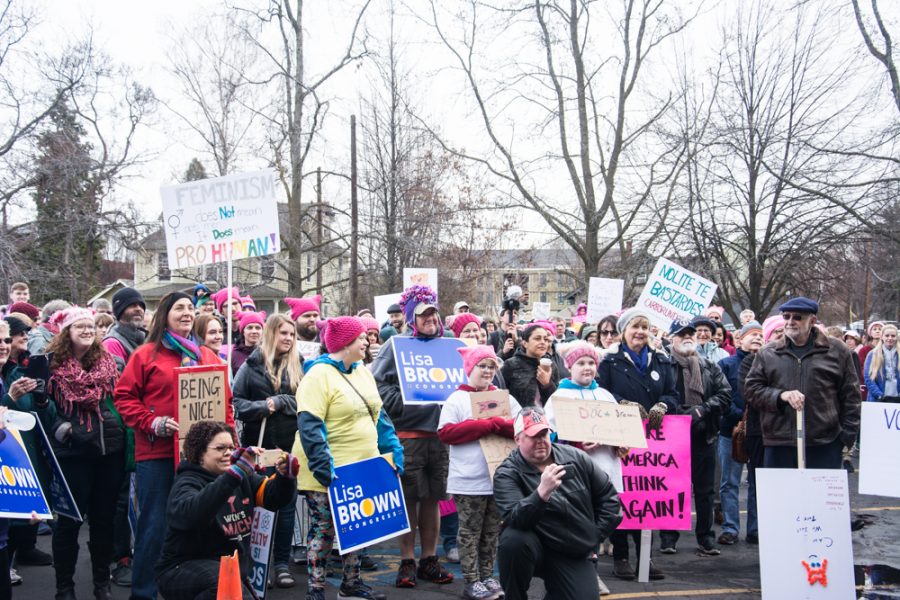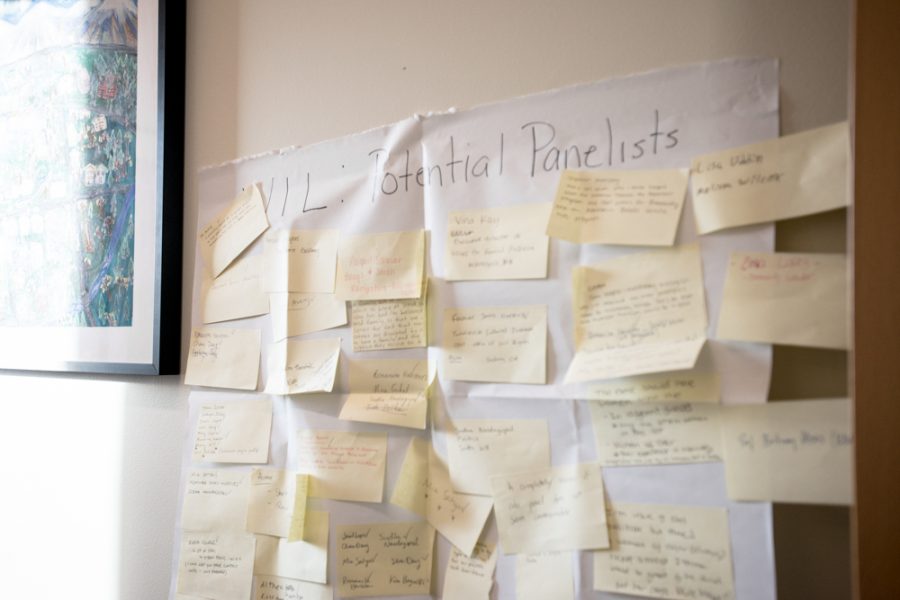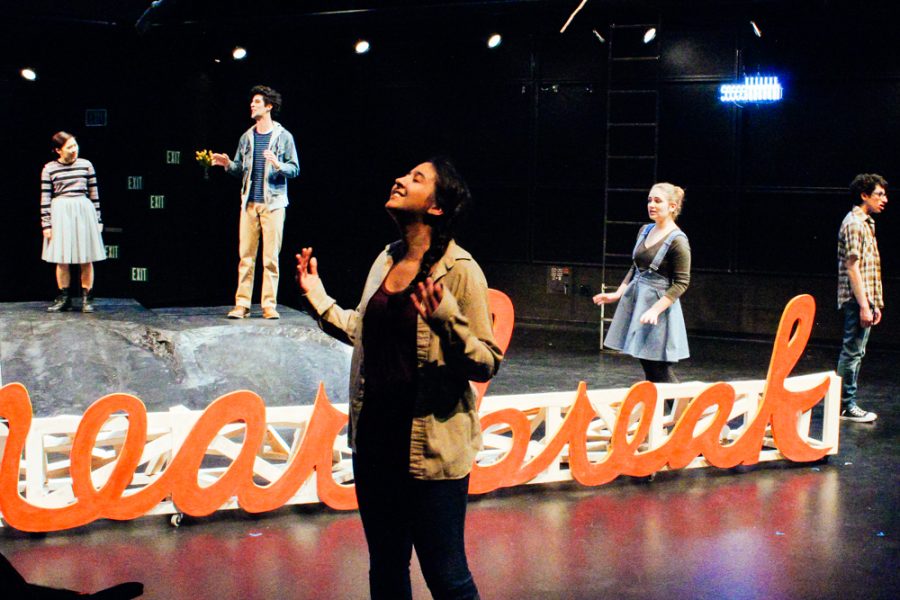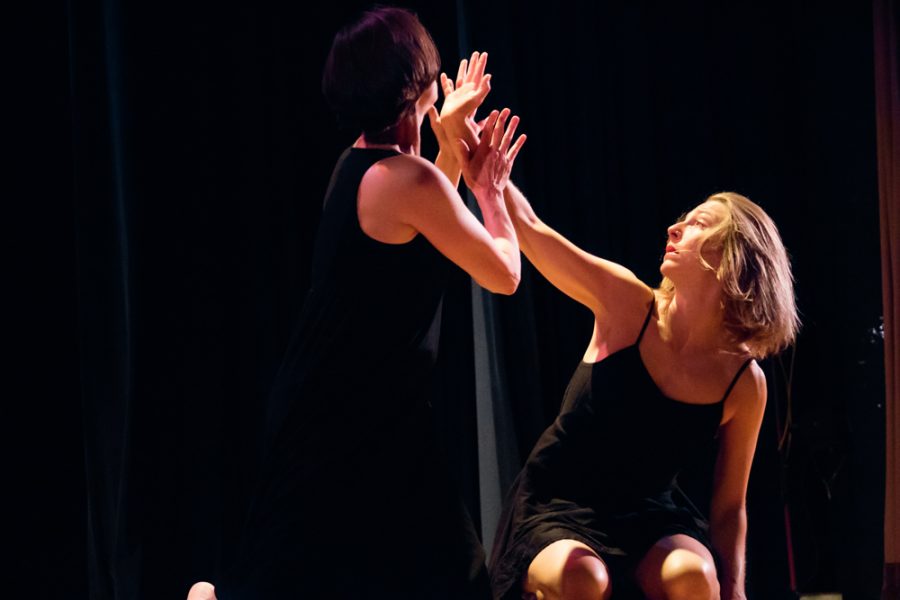Renowned Civil Rights Movement activist Diane Nash visited campus last week to hold a training in nonviolent activism for students and to give a public lecture in Cordiner Hall.
Nash is best known for being an integral part of the Civil Rights Movement. Her nonviolent activism touched numerous parts of the movement, and she remains one of the most important figures in it.
“Women in the Civil Rights Movement have kind of been ignored and Diane is –– if we were talking about the most important people in the Civil Rights Movement –– she would be in the top third” said Interim Program Advisor for the Intercultural Center Kyle Martz.
During her talk, Nash outlined her history as an activist. She humbly described her involvement with the movement as a leader.
“I was a very lucky woman. I was at the right place at the right time” Nash said, speaking about the nonviolence movement she was able to adhere to. “Why people think they only need to follow, I do not know––I think that is a very poor way. We worked in agreement. It was the kind of environment that encouraged leadership.”
As Nash continued to speak, she made it clear that committed, cohesive group leadership was what sustained the Civil Rights Movement, not one charismatic leader. At times, this group leadership even kept participants alive.
“We couldn’t have people who weren’t committed, or they would be killed. If one person is really getting beaten, one of the ways we could respond and remain nonviolent [was] we could move between the person and the person who was getting beaten. In other words, we separated them from harm. So we had to love each other, because we had to put each other between us and harm,” she said.
Nash’s leadership was strongly based in compassion, according to Martz.
“She operates and communicates in a way that is not only respectful but really loving and caring to people who may not feel the same way about her. That’s inspirational to me,” said Martz.
Nash said the movement still is present in her daily life and acted as an empowerment tool for many.
“I think the movement transformed us, those who were participating. It was the way I discovered my own personal power”, says Nash.
At the end of her talk, she touched on racism’s presence in society today.
“We seem to take for granted the progress and equality given to us by the Civil Rights Movement” she said. “We need to be serious about how racism is constantly injected into our society and how we can combat that.”
While at Whitman, Nash also visited a class on gender in U.S. history taught by Visiting Assistant Professor of History Laura Ferguson.









